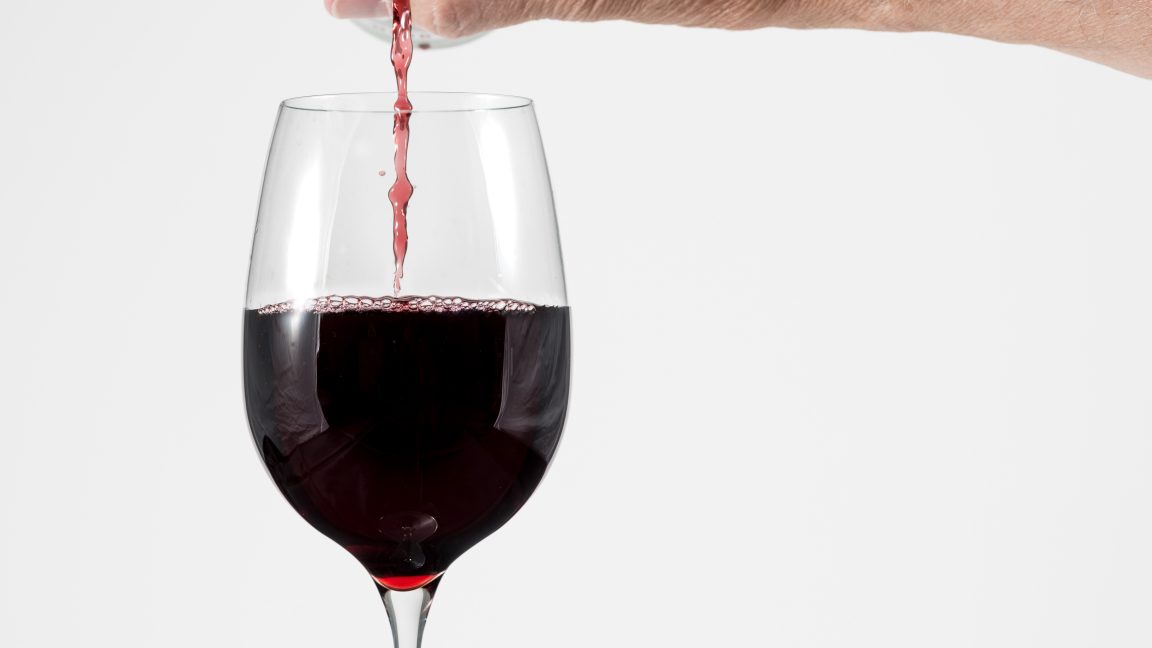Researchers home in on headache-causing compounds in red wine

Putting enzymes to the test
Testing ALDH was the next step. We set up an inhibition assay in test tubes. In the assay, we measured how fast the enzyme ALDH breaks down acetaldehyde. Then, we added the suspected inhibitors—quercetin, as well as some other phenolics we wanted to test—to see whether they slowed the process.
Credit:
Johannes Botne (CC BY-SA)
These tests confirmed that quercetin was a good inhibitor. Some other phenolics had varying effects, but quercetin glucuronide was the winner. When your body absorbs quercetin from food or wine, most is converted to glucuronide by the liver in order to quickly eliminate it from the body.
Our enzyme tests suggest that quercetin glucuronide disrupts your body’s metabolism of alcohol. This disruption means extra acetaldehyde circulates, causing inflammation and headaches. This discovery points to what’s known as a secondary, or synergistic, effect.
These secondary effects are much harder to identify because two factors must both be in play for the outcome to arise. In this case, other foods that contain quercetin are not associated with headaches, so you might not initially consider quercetin as the cause of the red wine problem.
The next step could be to give human subjects two red wines that are low and high in quercetin and ask whether either wine causes a headache. If the high-quercetin wine induces more headaches, we’d know we’re on the right track.
So, if quercetin causes headaches, are there red wines without it? Unfortunately, the data available on specific wines is far too limited to provide any helpful advice. However, grapes exposed to the Sun do produce more quercetin, and many inexpensive red wines are made from grapes that see less sunlight.
If you’re willing to take a chance, look for an inexpensive, lighter red wine.
Andrew Waterhouse is professor of enology, University of California, Davis, and Apramita Devi is a postdoctoral researcher in food science and technology, University of California, Davis.
This article is republished from The Conversation under a Creative Commons license. Read the original article.
Source link





